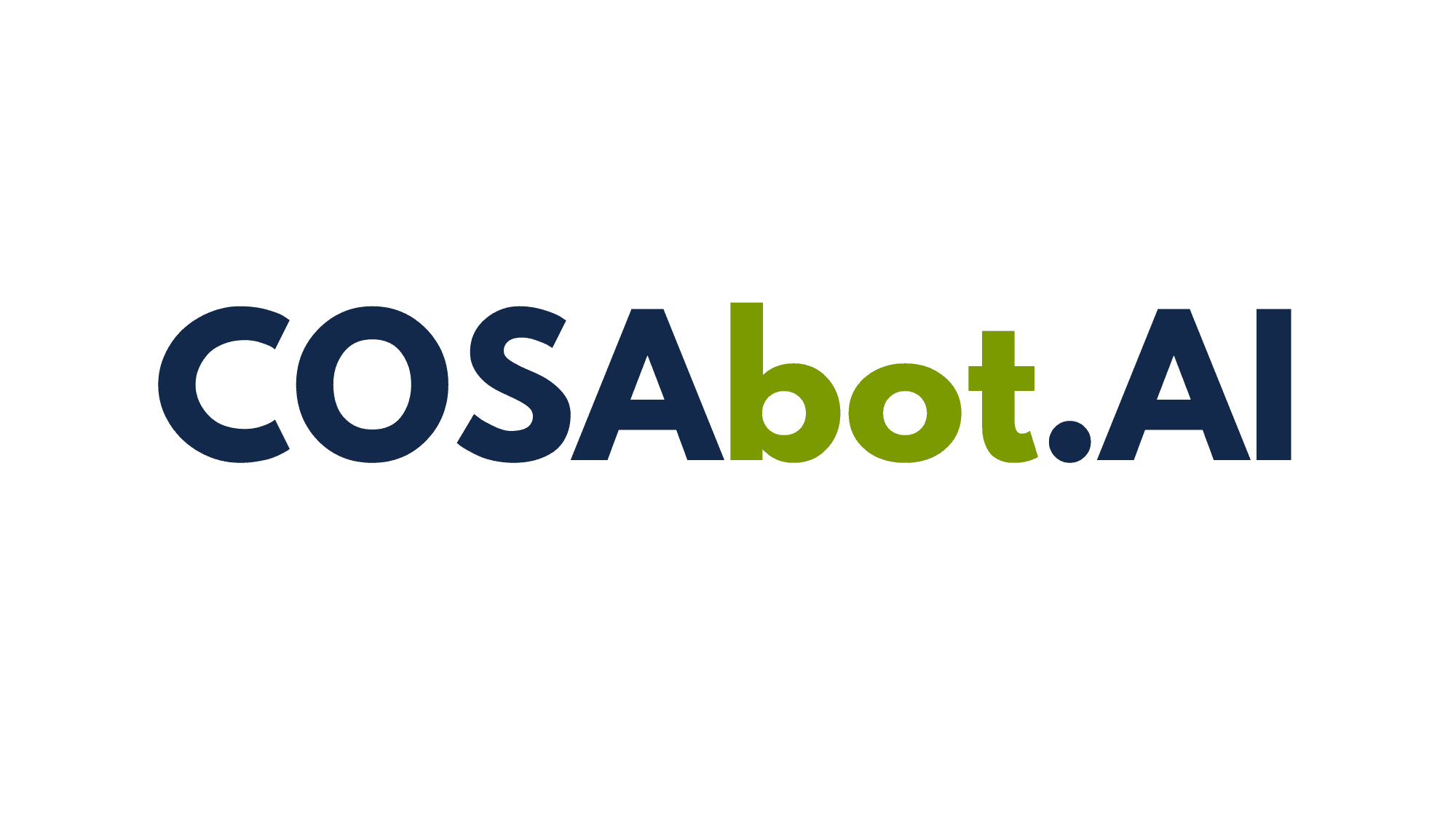

Your “go-to” for prompts, custom chatbots, training, resources, and the latest AI news.
Your “go-to” for prompts, custom chatbots, training, resources, and the latest AI news.
Your “go-to” for prompts, custom chatbots, training, resources,
and the latest AI news.
Your “go-to” for prompts, custom chatbots, training, resources, and the latest AI news.
AI news for busy administrators!
"Leading the Shift: What Bellwether's 2026 Report Tells Us About AI Leadership in Schools"
"Leading the Shift: What Bellwether's 2026 Report Tells Us About AI Leadership in Schools"
A recent podcast on AI Assistants explored how AI-powered agents are transforming tasks in various sectors. These agents, which can perform tasks independently or with minimal human input, are now being developed by major companies like Microsoft, Salesforce, and OpenAI. For example, Microsoft’s Copilot Studio allows users to create AI agents that automate tasks such as managing workflows and responding to inquiries. These agents can handle tedious, repetitive tasks, improving productivity and allowing companies to save significant costs.
A critical point raised was the ability of AI agents to learn and adapt over time, leading to the potential for widespread deployment in various industries. The podcast outlined different types of AI agents, including manual, autonomous, and semi-autonomous ones, and explained how these agents can execute tasks independently or based on event triggers.
As schools navigate the growing wave of AI integration, a new report from Bellwether Education Partners—“Learning Systems: Harnessing AI to Strengthen Schools”—offers a timely blueprint for educational leaders seeking to lead with vision, strategy, and caution. Released in January 2026, the report emphasizes that while AI has the potential to revolutionize how schools operate and students learn, its success hinges on the intentional leadership decisions made today.
Bellwether identifies three key roles for education leaders in this new landscape: (1) ensuring AI supports—not replaces—human decision-making, (2) embedding AI tools in ways that align with instructional goals and student equity, and (3) building trust through transparency, communication, and oversight. A concrete example is how some districts now use AI to forecast student enrollment patterns, helping leaders plan for staffing and resources more efficiently. Another case involves AI-powered tutors deployed in after-school programs, where real-time feedback is tailored to individual student needs—provided educators are involved in curating content and interpreting results.
For superintendents and principals, the message is clear: the future of AI in schools isn’t just about adopting tools—it’s about setting norms. This means developing professional learning around AI, involving communities in discussions about AI use, and crafting local policies that balance innovation with ethics. As the report puts it: “Leadership is the difference between using AI and using AI well.”
In 2025, artificial intelligence is no longer an optional add-on in education—it’s becoming policy. The U.S. Department of Education has released guidance encouraging the use of AI through federal funding, including a new priority for AI-enabled learning innovations in grant programs. At the same time, the White House has directed agencies to expand AI literacy and capacity in K–12 schools. School districts nationwide are now racing to define their own acceptable use policies for AI, signaling a shift from experimentation to systemwide integration. For educational leaders, this moment demands thoughtful planning to align compliance, instructional strategy, and equity goals.
AI usage is surging among both teachers and students—over 85% of each group reportedly used AI in the 2024–25 school year, yet most lack formal training.





The Rising Prominence of
AI-Powered Assistants

The Rising Prominence of
AI-Powered Assistants
Prompt Of The Week
Prompt Of The Week
“Using historical enrollment data from the past 5–10 years, along with current demographic, housing, and economic trends in our school district (including birth rates, migration patterns, and new housing developments), please forecast student enrollment for the next 3 to 5 years. Highlight expected growth or decline by grade level, and identify any significant changes in enrollment by school zone or feeder pattern. Note potential implications for staffing, facility planning, and budgeting. Be sure to flag assumptions and limitations in the analysis.”












ChatGPT
Chatbots
OAR/ORS Bot Coming Soon!
Navigates the legal parameters of Oregon's K-12 system by searching relevant laws and regulations.
OAR/ORS Bot Coming Soon!
Navigates the legal parameters of Oregon's K-12 system by searching relevant laws and regulations.
Quality Teacher Feedback Bot
Writes a DRAFT teacher feedback report aligned with uploaded notes and the selected instructional framework. Provides a list of questions to guide a meaningful, growth-focused coaching conversation with the teacher. Suggests teacher self-reflection questions.
Quality Teacher Feedback Bot
Writes a DRAFT teacher feedback report aligned with uploaded notes and the selected instructional framework. Provides a list of questions to guide a meaningful, growth-focused coaching conversation with the teacher. Suggests teacher self-reflection questions.






Supporting Student Behavior Bot
Suggests developmentally appropriate strategies and instruction. Provides the relevant RCWs, WACs, state and federal guidance.
Supporting Student Behavior Bot
Suggests developmentally appropriate strategies and instruction. Provides the relevant RCWs, WACs, state and federal guidance.
Supporting Student Behavior Bot
Suggests developmentally appropriate strategies and instruction. Provides the relevant RCWs, WACs, state and federal guidance.
Quality Principal Feedback Bot
Writes a DRAFT principal feedback report aligned with upload notes and leadership framework Provides a list of questions to guide a meaningful, growth-focused coaching conversation with the leader Suggests principal self-reflections questions




Quality Principal Feedback Bot
Writes a DRAFT principal feedback report aligned with uploaded notes and the leadership framework. Provides a list of questions to guide a meaningful, growth-focused coaching conversation with the leader. Suggests principal self-reflection questions.
Chatbots
OAR/ORS Bot Coming soon!
Search for pertinent laws Compares uploaded policies with current Oregon Administrative Rules and Oregon Revised Statute. Provides legal references citations for correspondence.
Quality Teacher Feedback Bot
Writes a DRAFT teacher feedback report aligned with uploaded notes and the selected instructional framework. Provides questions to guide a meaningful, growth-focused coaching conversation with the teacher. Suggests teacher self-reflection questions.
Supporting Student Behavior Bot
Suggests developmentally appropriate strategies and instruction. Provides the relevant federal guidance.
Quality Principal Feedback Bot
Writes a DRAFT principal feedback report aligned with uploaded notes and the leadership framework. Provides a list of questions to guide a meaningful, growth-focused coaching conversation with the leader. Suggests principal self-reflection questions.




Chatbots
OAR/ORS Bot Coming Soon!
Search for pertinent laws Compares uploaded policies with current Oregon Administrative Rules and Oregon Revised Statute. Provides legal references citations for correspondence.
Quality Teacher Feedback Bot
Writes a DRAFT teacher feedback report aligned with uploaded notes and the selected instructional framework. Provides questions to guide a meaningful, growth-focused coaching conversation with the teacher. Suggests teacher self-reflection questions.
Supporting Student Behavior Bot
Suggests developmentally appropriate strategies and instruction. Provides the relevant RCWs, WACs, state and federal guidance.
Quality Principal Feedback Bot
Writes a DRAFT principal feedback report aligned with uploaded notes and leadership framework. Provides a list of questions to guide a meaningful, growth-focused coaching conversation with the leader. Suggests principal self-reflection questions.




Chatbots
OAR/ORS Bot Coming Soon!
Navigates the legal parameters of Oregon's K-12 system by searching relevant laws and regulations.
Quality Teacher Feedback Bot
Writes a DRAFT teacher feedback report aligned with uploaded notes and Instructional framework Provide a list of questions to guide a meaningful, growth-focused coaching conversation with the teacher Suggests teacher self-reflections questions
Supporting Student Behavior Bot
Suggests developmentally appropriate strategies and instruction. Provides the relevant RCWs, WACs, state and federal guidance.
Quality Principal Feedback Bot
Writes a DRAFT principal feedback report aligned with upload notes and leadership framework Provides a list of questions to guide a meaningful, growth-focused coaching conversation with the leader Suggests principal self-reflections questions






2025 Oregon School Law
Conference
2025 Oregon School Law
Conference
December 3-5, 2025
Location: Graduate Eugene | 66 East 6th Ave., Eugene, OR 97401
Want To Collaborate?
Want To Collaborate?
Users must follow all applicable laws, policies, collective bargaining agreements, rules and regulations. COSA does not guarantee the quality of chatbot or prompt outputs and accepts no legal responsibility for their use.
Users must follow all applicable laws, policies, collective bargaining agreements, rules and regulations. COSA does not guarantee the quality of chatbot or prompt outputs and accepts no legal responsibility for their use.
Users must follow all applicable laws, policies, collective bargaining agreements, rules and regulations. COSA does not guarantee the quality of chatbot or prompt outputs and accepts no legal responsibility for their use.
Users must follow all applicable laws, policies, collective bargaining agreements, rules and regulations. COSA does not guarantee the quality of chatbot or prompt outputs and accepts no legal responsibility for their use.
Safety Expectations
Safety Expectations
Confidentiality
Verification
Responsible Use
Confidentiality
Verification
Responsible Use
Confidentiality
Verification
Responsible Use
Confidentiality
Verification
Responsible Use
Confidentiality
Verification
Responsible Use
Confidentiality
Verification
Responsible Use
Confidentiality
Verification
Responsible Use




Coalition of Oregon School Administrators
Coalition of Oregon School Administrators
Washington Association
of School Administrators
Get In Touch With Our AI Team!
Get in Touch with Our AI Team!
Get in Touch with Our AI Team!
Custom training, AI planning facilitation, and more.
Custom training, AI planning facilitation, and more.









The Coalition of Oregon School Administrators (COSA) is an organization committed to the development and support of educational leaders to ensure student success.




